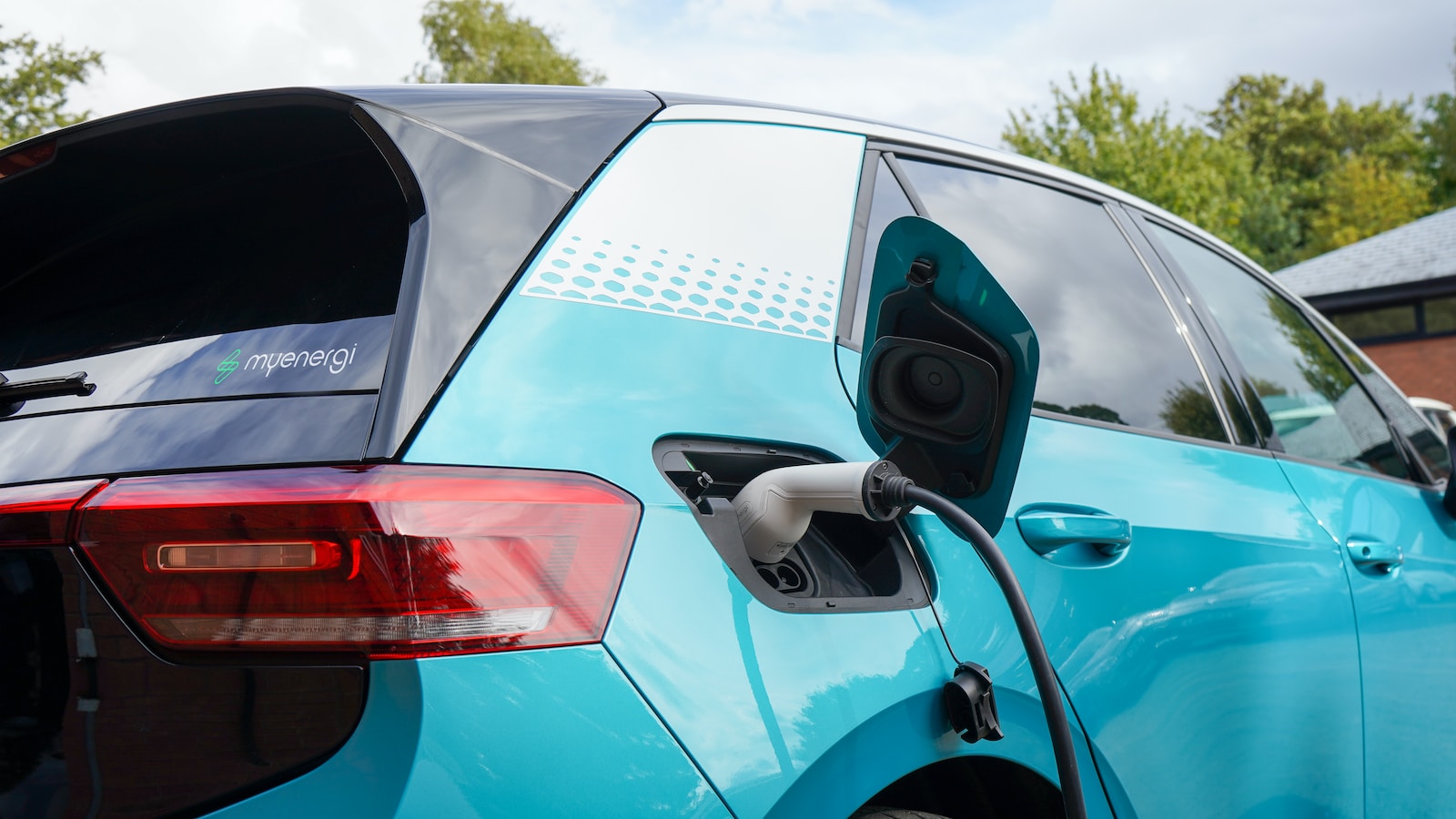Table of Contents
ToggleIntroduction:
As the world faces the urgent challenge of climate change, the need for sustainable transportation has never been greater. Electric cars are a promising solution that is gaining popularity worldwide. They emit significantly less carbon dioxide than gasoline-powered cars and can run on renewable energy sources. However, there are challenges that electric cars face, particularly in cold weather. In this article, we will explore the role of electric cars in combatting climate change, the challenges they face, and potential solutions.
The Role of Electric Cars:
- Reducing Carbon Emissions
Electric cars emit significantly less carbon dioxide than gasoline-powered cars. This is because they run on electricity, which can be generated from renewable sources such as solar and wind power. According to the International Energy Agency, the adoption of electric cars could reduce global carbon dioxide emissions by up to 1.5 gigatons per year by 2030.
- Minimizing Air Pollution
Electric cars also produce less air pollution than gasoline-powered cars. This is because they do not emit pollutants such as nitrogen oxides and particulate matter, which can have negative health effects.
- Promoting Energy Efficiency
Electric cars are more energy-efficient than gasoline-powered cars. This is because electric motors convert about 60% of the energy from the battery to power the wheels, while internal combustion engines convert only about 20% of the energy from gasoline to power the wheels.
Challenges Facing Electric Cars:
- Cold Weather
One of the main challenges facing electric cars is their reduced range and efficiency in cold weather. This is because electric car batteries perform less efficiently in low temperatures, and heating the car’s interior can also drain the battery.
- Charging Infrastructure
Another challenge facing electric cars is the lack of charging infrastructure. While many charging stations have been installed in urban areas, rural areas and highways still have limited charging options, making long-distance travel more challenging.
- Cost
Electric cars are generally more expensive than gasoline-powered cars, although the cost is decreasing as battery technology improves and production scales up. However, the upfront cost can still be a barrier for some consumers.
Solutions:
- Battery Technology
Improvements in battery technology can help address the challenge of cold weather. For example, some electric cars now come with battery heating systems that can help maintain battery performance in cold weather.
- Charging Infrastructure Expansion
Expanding the charging infrastructure can help address the challenge of limited charging options. Governments and private companies can work together to install more charging stations in rural areas and along highways.
- Incentives and Rebates
Incentives and rebates can also help address the cost barrier. Governments can offer tax credits, rebates, and other incentives to encourage consumers to purchase electric cars. This can help offset the higher upfront cost and make electric cars more accessible to a broader range of consumers.
Conclusion:
Electric cars have a vital role to play in combatting climate change. They emit less carbon dioxide, minimize air pollution, and promote energy efficiency. However, electric cars face challenges in cold weather, charging infrastructure, and cost. These challenges can be addressed through improvements in battery technology, charging infrastructure expansion, and incentives and rebates. By taking action to overcome these challenges, we can accelerate the adoption of electric cars and move towards a more sustainable transportation system.







